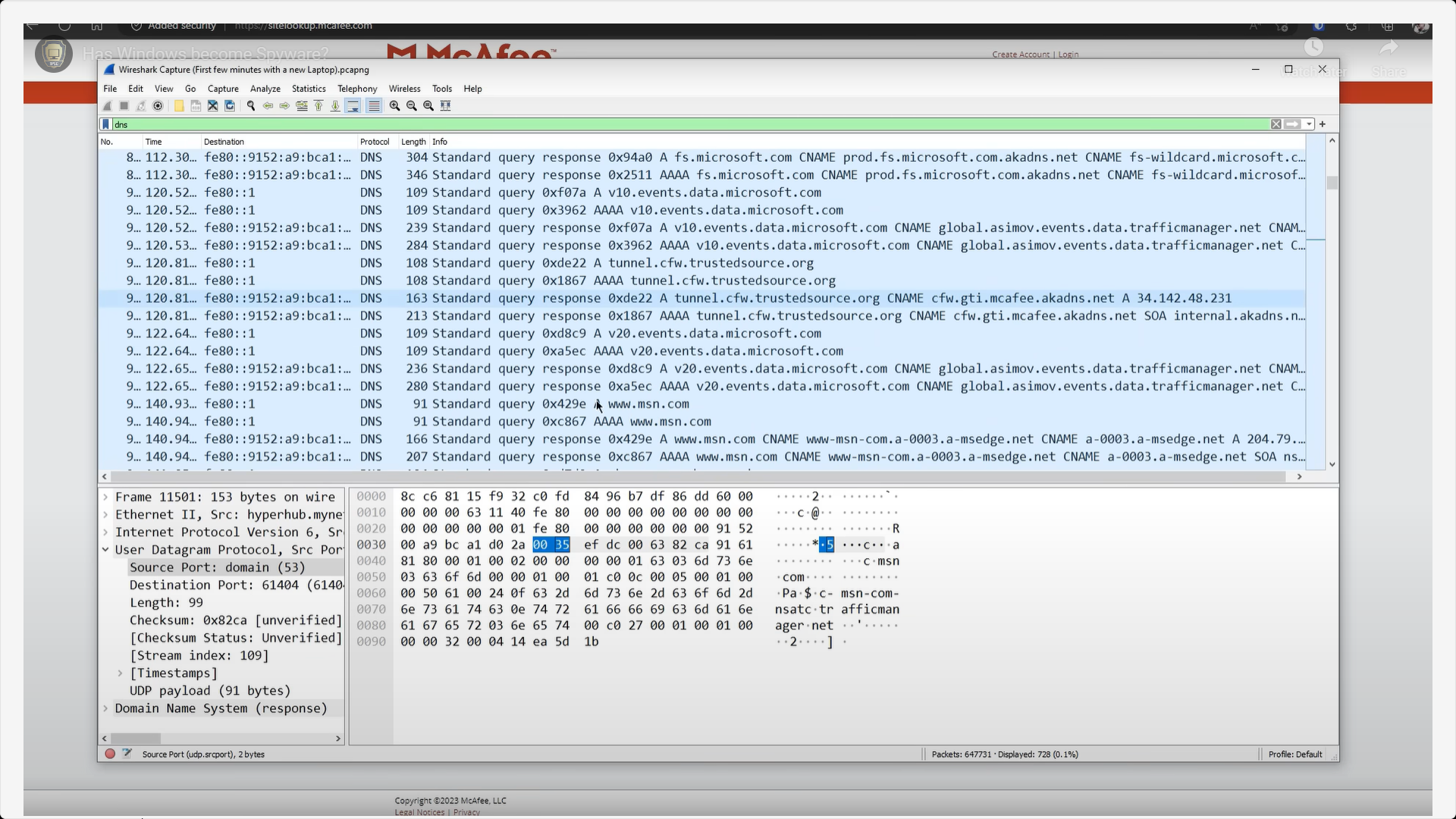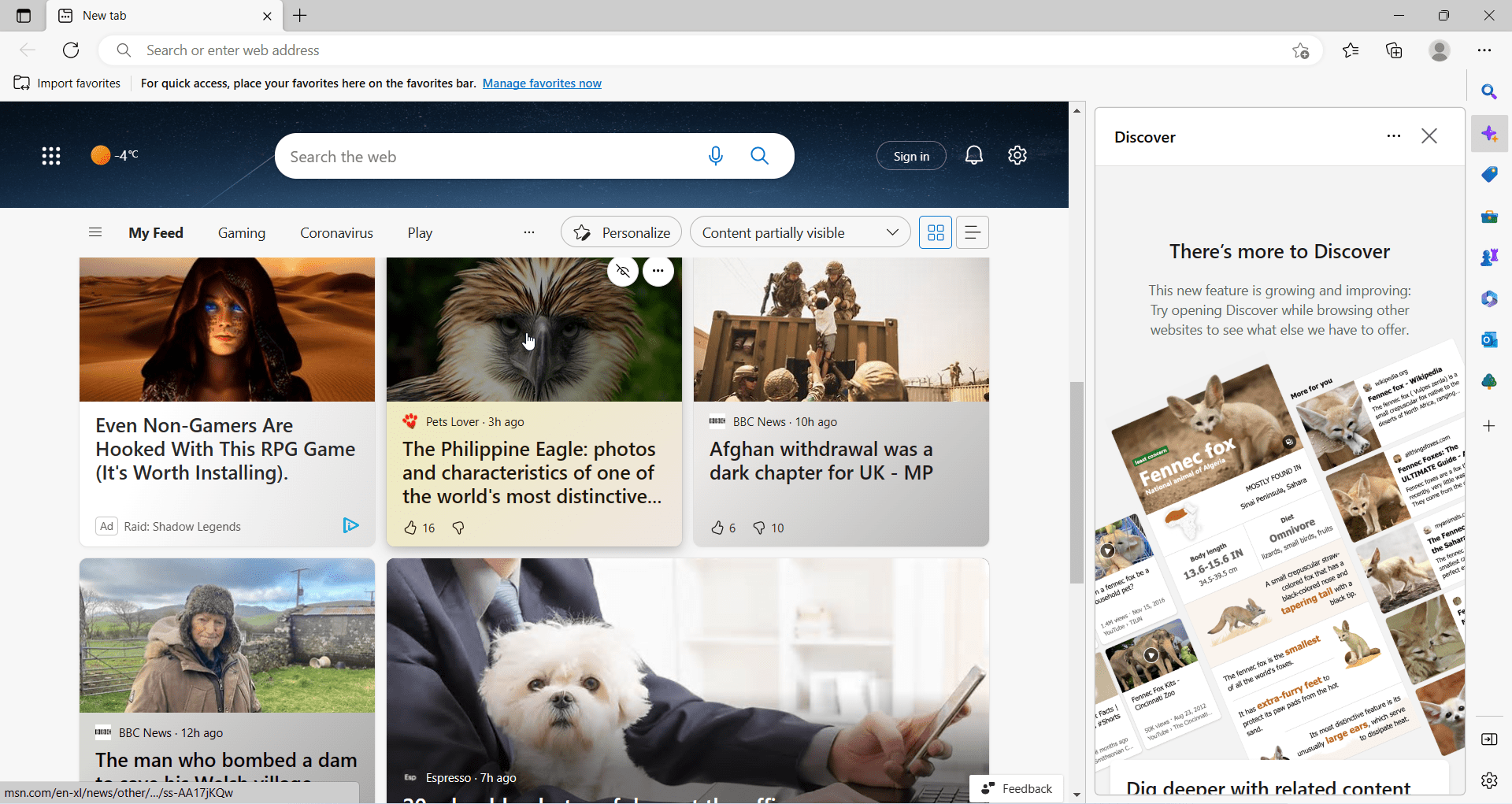Third-party organizations now have your data, too.
- YouTuber compares the privacy of Windows 11 to its two-decade-old counterpart, Windows XP.
- The result is jarring and eerie, as Windows 11 is seen collecting more user data and sharing them with third-party websites.
- Windows 11 has an automatically-activated telemetry and data collection feature.
YouTuber PC Security Channel shows that Windows 11 system sends a staggering, unhealthy amount of its users’ data to third-party organizations.
It always seems like a debate of an eternity every time Microsoft releases a new Windows version. Some are trapped in the nostalgia train, and some always seek the better, newer version.
In the case of Windows 11, however, many users have complained about how it’s a metadata and privacy nightmare, while others have voiced their discontent against its overall performance.
So, how does the new operating system collect its users’ data?
How is Windows 11’s users data being collected?
Just for food of thought, Windows 11 has a telemetry and data collection feature installed and activated by default albeit it’s nothing new. It aims to provide information about the device and how everything is working in the background to improve the quality of the services.
For some users, this triggers privacy concerns like never before.
However, the YouTuber toggles this option off. Using WireShark Capture to analyze the traffic and all sorts of data that are being sent in the background, they compare two brand-new computers with freshly-installed Windows 11 and Windows X to see how the comparison bears a decade ago.

After filtering them by DNS protocols to show names of websites that are making queries, the aggregator app shows that Windows 11 sends its data to plenty of third-party websites that have nothing to do with Microsoft and rather for marketing purposes: Bing search engine, McAfee antivirus, MSN, and even sites like ScorecardResearch and Onetrust that conduct marketing researches.
Shady enough?

You may ask, how did it look over two decades ago? Well, on the other hand, when experimented with under the same steps, Windows XP only sends data for OS update purposes. No third-party or scrappy-looking websites, nada.
Does Windows 11 pose more privacy concerns than Windows 10?
Data harvesting has been so normalized these days that you would need to turn the telemetry option off manually, which isn’t too friendly for casual, non-tech-savvy users.
“I’ve been telling people since day one that Win 11 is not really an improvement but rather a metadata nightmare. What did people expect from Microsoft though, privacy? Metadata tracking will only grow worse over time.”
user u/GunGoblin complains on the thread.
Compared to Windows 10 and its predecessors where you can easily create local accounts, Windows 11 Home requires its users to have a Microsoft account and an internet connection, meaning that its collection has to be a part of the package.

Then, Edge’s aggressive advertising with its Discoveryfeature on the sidebar, which was released back in October 2022, and its crowded homepage could be adding another layer of concerns.
